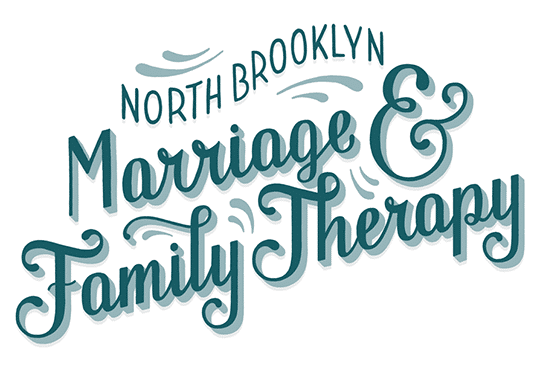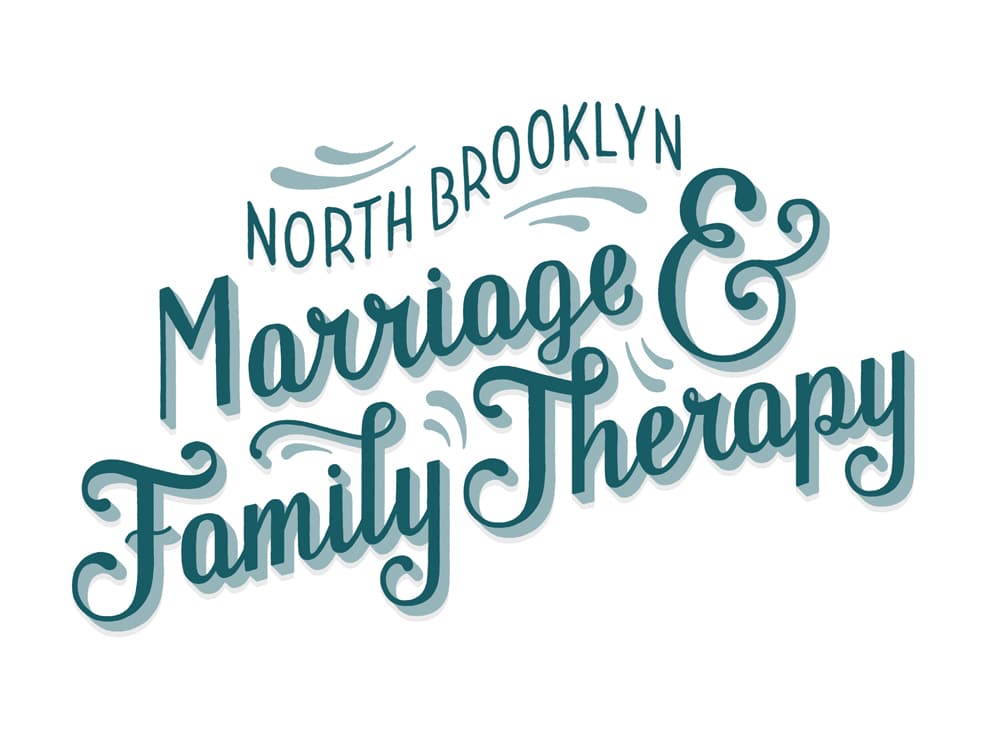
Whether you’re a hopeless romantic or a total cynic, Valentine’s Day evokes some kind of emotion. It’s a holiday that expands expectations like a giant shiny, heart-shaped balloon. Whether you feel like Valentine’s Day is one day of the year that you and your partner can really show each other how you feel, or that it’s an over-commercialized manipulation to spend too much money on chocolates or flowers, you’re probably feeling pressure to get it right and make your partner happy.
Many couples break up or seek couples counseling in January and February. Couples try to hold it together through the winter holidays only to have a blow out in January when the pressure to be perfect subsides. In February, Valentine’s Day has a similar effect, with couples either fighting more in the lead up to the holiday or breaking up soon after because of disappointment and hurt feelings.
Understanding the types of issues you might run into around the Valentine’s Day and how to work with your partner to navigate them can help your relationship not only survive, but thrive.
Common Valentine’s Day pitfalls
Expectations
Valentine’s Day is supposed to be about expressing your love and decades of advertising campaigns would have you believe that you need to make a big, expensive gesture to show how you feel. Your or your partner may have firmly held beliefs about what the day is about and expect a certain amount of romance to be delivered.
Comparisons
Comparing your life to others is a widespread, but detrimental habit that nearly everyone engages in sometimes. Maybe you grew up in a home where your parents made a big deal out of Valentine’s Day, and you believe that when someone loves you, they mastermind a thoughtful and romantic surprise. The curated lives that your friends, families, celebrities, and total strangers share on social media can also evoke comparisons, and you might feel like your reality doesn’t measure up.
Magnification
Holidays tend to magnify emotions including stress. For example, if you’re already feeling insecure or unappreciated in your relationship, the expectations and comparisons that accompany Valentine’s Day can accelerate the time bomb on an already troubled relationship.
Communication is key
Strong communication skills are essential in a healthy relationship. During relationship therapy, you learn to not only express your thoughts and feelings clearly but also to listen carefully to what your partner is saying. Too many people either don’t “hear” what the other person is saying or assume they know better than what their partner is saying.
One couple learned the hard way
For example, consider Jen and Karl. Jen hates Valentine’s Day and thinks it serves no purpose but to make people feel inadequate and alone. And she’s said as much several times. But Karl has heard this from previous partners and thinks it’s a trap, and that if he doesn’t surprise Jen, that she’ll be mad at him.
So when Karl turns up with a romantic card, a bouquet, and reservations for Jen’s favorite restaurant. Jen isn’t exactly angry, but she feels like Karl isn’t listening to her and doesn’t “get” her.
During couples therapy, Karl and Jen talked about their dud of a Valentine’s Day. Jen explained how after being consistently disappointed in early adulthood that she chose to ignore Valentine’s Day and all its trappings, whether she was single or in a relationship. Karl shared his past experiences of being told not to make a big deal of it and letting down his partner. Together, they decided that they didn’t need a special day to show each other love. Now, they don’t exactly ignore Valentine’s Day, but to spend the day together doing the most unromantic chores on their list.
While this isn’t the solution for every couple, talking honestly about your needs and expectations can help you meet your partner’s needs every day of the year. If you feel like you and your partner aren’t communicating effectively or are inadvertently letting each other down, consider couples counseling. You can work on your communication skills and discover new ways to strengthen your relationship. Contact North Brooklyn Marriage and Family Therapy today for personalized couple’s therapy.


